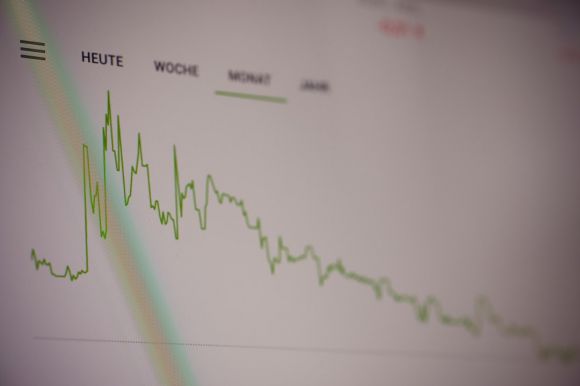The stock market experienced a massive downturn yesterday as fears of an impending recession sent shockwaves through Wall Street. The Dow Jones Industrial Average plummeted by over 800 points, marking one of the largest single-day drops in recent years. Investors and analysts alike are now grappling with the implications of this sharp decline and what it could mean for the future of the global economy.
Global Economic Uncertainty
One of the primary factors driving the market’s recent decline is the growing uncertainty surrounding the global economy. Trade tensions between the United States and China continue to escalate, with both countries imposing tariffs on billions of dollars’ worth of goods. This ongoing trade war has had a significant impact on investor sentiment, as fears of a prolonged conflict and its potential repercussions on global growth intensify.
Inverted Yield Curve
Another concern contributing to the market’s downturn is the recent inversion of the yield curve. Historically, an inverted yield curve has often preceded economic recessions. This occurs when the yield on long-term government bonds falls below that of short-term bonds. The inversion of the yield curve is seen as a sign that investors are losing confidence in the long-term prospects of the economy, leading to a shift towards safer investments.
Weak Economic Data
Adding to the market’s anxiety are reports of weakening economic data. Recent indicators suggest that both manufacturing and service sectors are experiencing a slowdown. This has raised concerns about the overall health of the economy and its ability to sustain its current growth trajectory. Sluggish job growth and a decline in consumer spending have also contributed to the growing unease among investors.
Impact on Global Markets
The Dow Jones’ plunge has sent shockwaves throughout global markets. Major stock indices in Europe and Asia also experienced significant declines, reflecting the interconnectedness of the global economy. As the world’s largest economy, the United States has a considerable impact on global markets. A downturn in the US stock market often leads to a domino effect, causing other economies to falter as well.
Potential Consequences
A recession in the United States would have far-reaching consequences for individuals, businesses, and governments. Unemployment rates could rise, making it harder for individuals to find jobs and support their families. Businesses may struggle to stay afloat, leading to layoffs and closures. Governments would face decreased tax revenue, making it challenging to provide essential services and invest in infrastructure.
Investor Strategies
Given the current uncertainties surrounding the market, investors are reassessing their strategies. Some are choosing to diversify their portfolios by investing in assets that historically perform well during economic downturns, such as gold or bonds. Others are opting to stay on the sidelines, waiting for clearer signals before making any significant moves. The key for investors is to remain vigilant, stay informed, and adapt their strategies to the ever-changing market conditions.
Looking Ahead
While the recent drop in the Dow Jones has undoubtedly rattled investors, it is essential to remember that the stock market is known for its volatility. Market downturns are a natural part of the economic cycle, and history has shown that the market has the ability to recover and even thrive in the face of adversity. However, it is crucial to monitor the underlying factors that contributed to the recent decline and stay informed about any potential changes in the global economic landscape.
Conclusion
The recent plunge in the Dow Jones on fears of an upcoming recession is a stark reminder of the uncertainties that exist within the global economy. Trade tensions, an inverted yield curve, and weak economic data have all contributed to the growing concerns among investors. As the market continues to navigate through these challenging times, it is imperative for individuals and businesses to remain vigilant and adapt their investment strategies accordingly. While the road ahead may be uncertain, history has shown that the market has the capacity to recover and thrive in the face of adversity.





